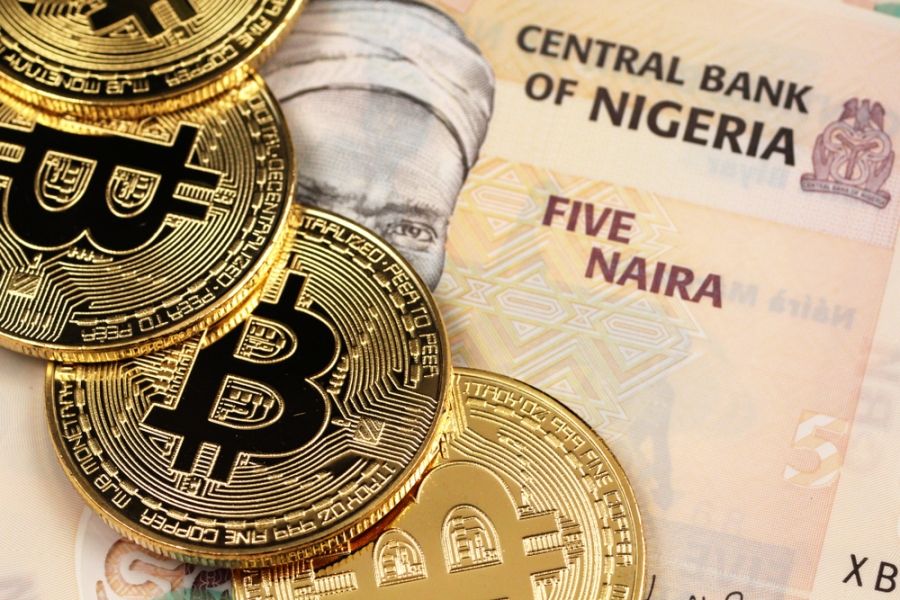Nigeria’s apex bank considers launching its own CBDC by the End of 2021

Africa’s most populous nation, Nigeria, may be gearing up to join the CBDC race. An official with the country’s central bank confirmed the move to local news sources last week.
Rakiya Mohammed, the director of IT at the Central Bank of Nigeria (CBN), said during an online bankers committee briefing that the apex bank is hoping to launch its own central bank-backed digital currency (CBDC) “before the end of the year.” According to her, the bank has been considering the matter for about two years and is now confident that it may have a viable product before the end of 2022. She said:
Before the end of the year, the Central Bank will be making a special announcement and possibly launching a pilot scheme in order to be able to provide this kind of currency to the populace.
As with other countries that are already testing CBDCs, the CBN’s new digital currency is not expected to replace the local naira but instead function as an alternative and complementary currency option. Mohammed explained that the digital currency could make remittances easier for residents.
The news comes on the heels of El Salvador’s decision to adopt Bitcoin as legal tender. One could argue that other countries may not want to be left behind since Paraguay and Tanzania have since indicated their interest to explore cryptocurrency payments since the news broke.




